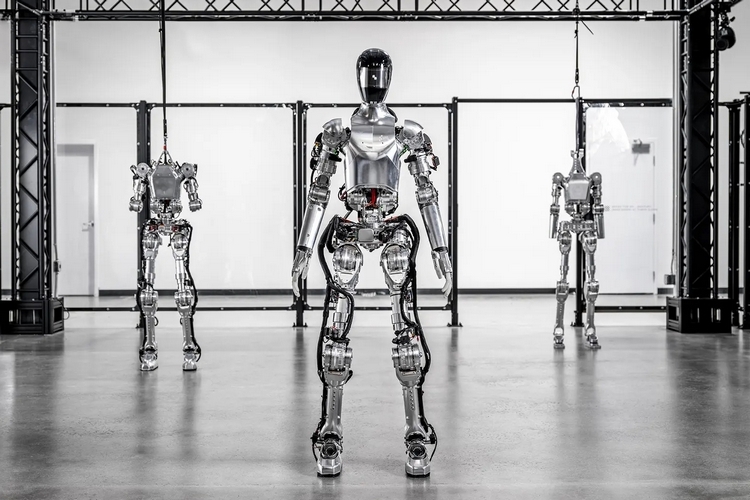
It was early last year when California-based robotics company Figure officially unveiled their general-purpose Figure 01 humanoid robot prototypes, which can theoretically be programmed to perform a wide variety of industrial tasks. A few months later, it even learned to walk dynamically, similar to the way humans do. Last month, they had a big breakthrough, with the robot figuring out how to use a coffee machine in response to a verbal command after watching video demonstrations of humans performing the same task. With that impressive development in the bag, Figure has now announced a commercial agreement with BMW
That’s right, Figure’s learning humanoid robots are coming to automobile manufacturing, which is a significant step-up from the single-purpose robotic solutions we’ve always had in the past. With their ability to learn and adopt new skills, combined with their human-like shapes and limbs, these robots are, practically, a 1:1 replacement for humans with multiple times the productivity of their organic counterparts. Yeah, the robots really are taking our jobs this time around.
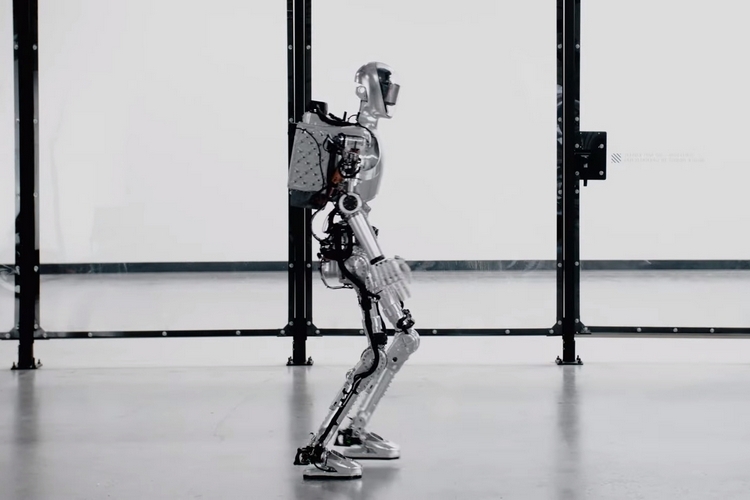
Figure’s agreement with BMW Manufacturing will be based on a milestone approach, which means they’re going to be careful with the rollout. Initially, the outfit will identify the basic use cases where the robots can be applied in automotive production. Once this is done, the robots will be trained on individual tasks, both via programming (which they used to teach it to walk) and AI-based learning (which they used to teach it to use a coffee maker) before beginning staged deployment at the Spartanburg, South Carolina facility.
The outfit did not disclose how many of its Figure 01 models will be deployed under this agreement, but it’s probably fair to imagine they’re starting small and growing it over time. According to various sources, though, the outfit is planning to start out the robots with five types of tasks, which will be rolled out one of a time, likely to avoid disrupting the manufacturing process if ever any problems arise.
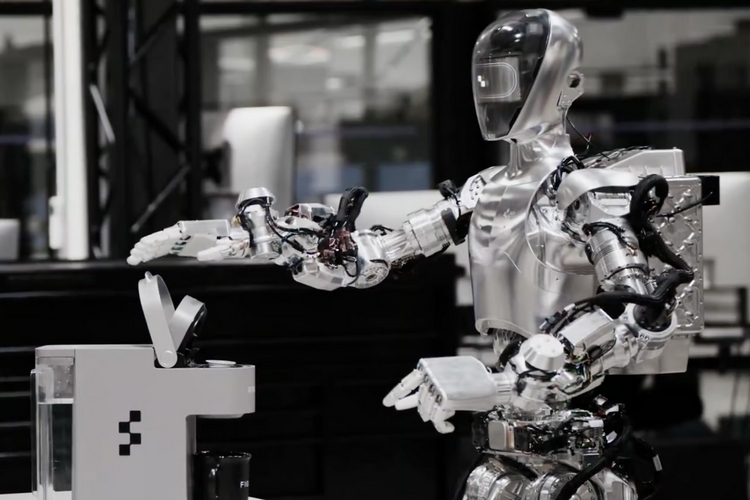
The BMW plant in South Carolina already integrates a lot of robotic technology, so partnering with Figure means they’re now looking to further automate those tasks that can’t quite be carried out by single-purpose automatons. Basically, we’re talking about tasks that require dexterous and mobile manipulation, which are typically carried out by human workers. In an interview with New Atlas, CEO Brett Adcock mentioned they’re looking at body shop work with sheet metal and other types of warehouse logisitics. According to him, they’ve already picked the first use case to implement and are currently working to practice the robot on it. Naturally, he wasn’t allowed to divulge it, but he did say they plan on keeping the world appraised of its progress, even promising to post videos as soon as their robots gain a new capability.
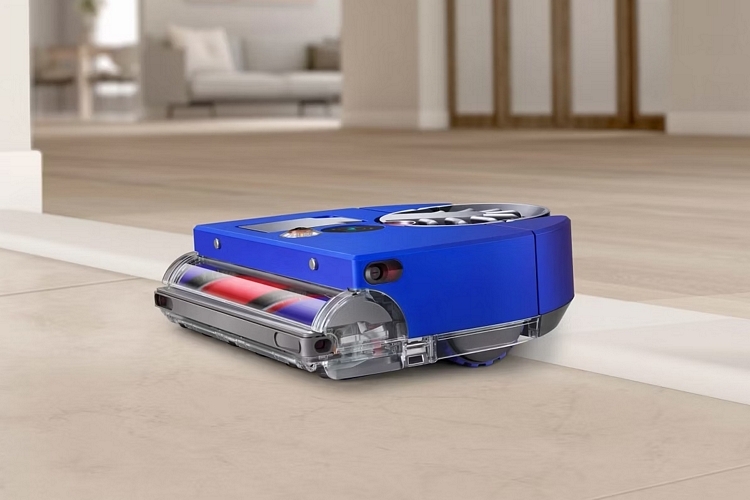
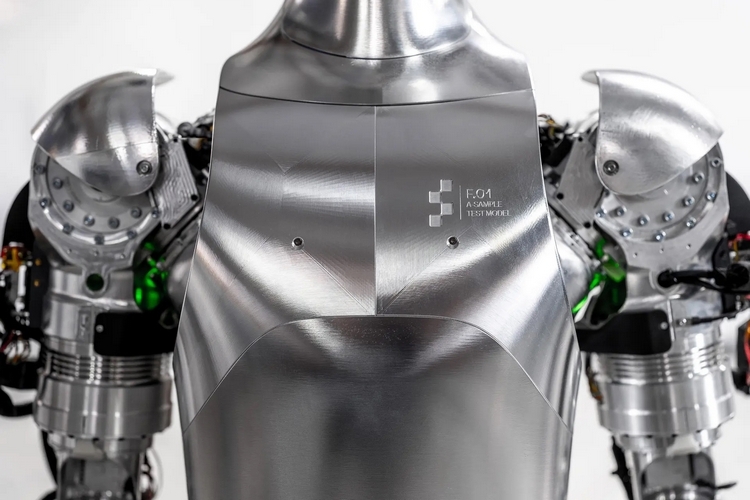
In the press release, BMW Manufacturing and Figure have also indicated plans to explore other advanced technology topics and its potential in the field, including artificial intelligence, robot control, manufacturing virtualization, and robot integration. You can learn more from the press release below.